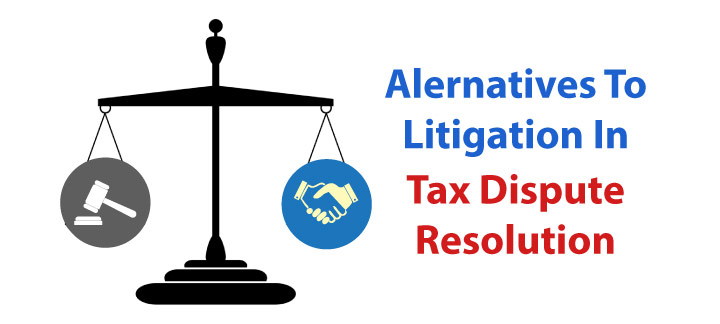Alternatives To Litigation in Tax Dispute Resolution
Cases in Tax Court can sometimes be settled through a binding arbitration process or other alternative dispute resolution methods rather than tax court litigation.

Cases in Tax Court can sometimes be settled through a binding arbitration process or other alternative dispute resolution methods rather than tax court litigation.

In a previous article titled Can You be Prosecuted for Perjury or False Statem

One of the most common evidence-gathering tactics used by the Criminal Investigative Division is the issuance of summonses.

An important part of surviving a Criminal Investigation process is understanding and reasonable expectations on the part of the taxpayer.

Representing a client in a criminal tax investigation and prosecution is very different than in other criminal contexts.

The Criminal Investigation Division of the IRS difference from the compliance groups in that its sole purpose is criminal enforcement, not determining or collecting correct tax liability from a taxpayer.

If you are being investigated for a criminal tax offense, you might wonder what defenses you can assert to avoid prosecution or severe penalties.

Taxpayers and counsel will interact with government personnel in various situations during the course of a criminal tax investigation or prosecution.

Investigations into possible fraud and tax crimes conducted by the Criminal Investigations Diviion often involve numerous interviews of taxpayers, taxpayer’s representatives, and other third parties.
Criminal tax cases are primarily handled by special agents of the Criminal Investigation (CI) function of the Internal Revenue Service (IRS), the fraud referral and related divisions of the civil IRS divisions, the Tax Division of the Department of Justice, and the U.S. Attorney offices.